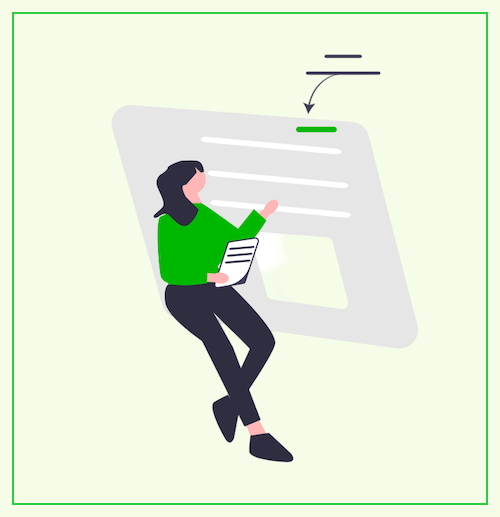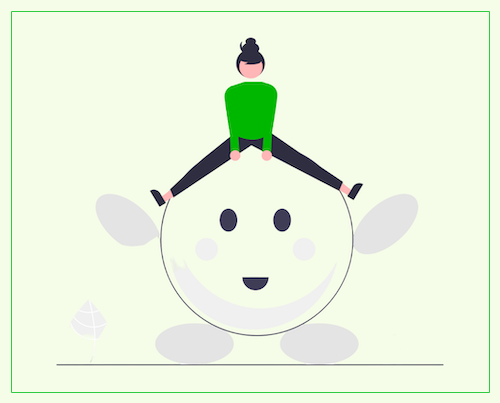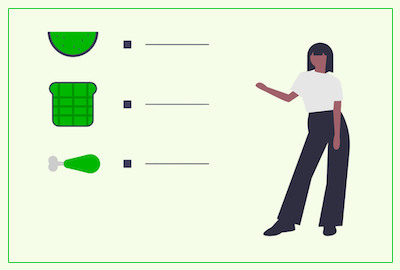
“Too much to do, too little time”
“I will do it when I have the time, but when will that be?”
“It keeps on piling up, ahhhh…this is stressing me out!”
In today's fast-paced world, stress has become a common companion for many. Whether it stems from work, relationships, finances, or other sources, stress can significantly impact our physical health, emotional well-being, and overall quality of life. However, with the right strategies and skills, stress can be managed more effectively, allowing us to navigate life and keep us on the right track.
Understanding Stress
Stress is the body's natural response to perceived threats or demands, triggering a cascade of physiological and psychological reactions. While some stress can be motivating and help us perform better under pressure (this is a good stress called eustress), chronic or excessive stress (which is also known as distress) can have detrimental effects on our general health and happiness.

Identifying Signs of Stress
Recognizing the signs and symptoms of stress is essential in effective stress management:
- Physical Signs: Headaches, muscle tension, fatigue, digestive issues, and changes in appetite or sleep patterns.
- Emotional Signs: Anxiety, irritability, mood swings, feeling overwhelmed or unable to relax.
- Behavioural Signs: Procrastination, withdrawal from social activities, increased use of substances like alcohol or tobacco.
Strategies for Effective Stress Management
- Mindfulness and Relaxation Techniques:
- Deep Breathing: Practice deep breathing exercises to calm the mind and relax the body. Techniques like box breathing can be particularly effective.
- Being mindful: Incorporate mindfulness activities into your daily routine to cultivate present-moment awareness and reduce stress levels.

- Pleasant imagery: This is a relaxation technique that involve visualising positive, peaceful settings like a beautiful beach.

- Healthy Lifestyle Choices:Balanced Diet:

- Regular Exercise: Engage in physical activities such as walking, running or dancing to release endorphins and improve overall well-being.
- Balanced Diet: Eat a nutritious diet rich in fruits, vegetables, lean proteins, and whole grains. Avoid excessive caffeine, sugar, and processed foods.
- Adequate Sleep: Prioritize sleep by maintaining a consistent sleep schedule and creating a relaxing bedtime routine.
- Time Management and Organization:

- Prioritize Tasks: Use time management techniques such as prioritizing tasks, breaking tasks into smaller steps, and setting realistic deadlines.
- Delegate Responsibilities: Learn to delegate tasks when possible and ask for help from people around you when needed to reduce chances of feeling overwhelmed.
- Create a Routine: Establishing a daily routine can provide structure and reduce stress by promoting a sense of stability and predictability.
- Social Support and Connection:

- Seek Emotional Support: Talk to trusted family members, friends or your therapist about your feelings and experiences. Sharing concerns can lighten the emotional burden.
- Build Relationships: Cultivate meaningful connections with others through shared interests, hobbies, or activities.
- Cognitive Strategies:

- Challenge Negative Thinking: Identify and challenge negative thoughts that contribute to your stress. Replace them with more balanced and realistic perspectives. Journalling your thoughts may help you understand your thought processes better.
- Set Realistic Expectations: Avoid perfectionism and set achievable and realistic goals. Celebrate small successes along the way.
Seeking Professional Help
If stress becomes overwhelming or begins to interfere significantly with your daily life, consider seeking professional help. Talk therapy can provide personalized guidance and support tailored to your specific needs. It’s important to keep in mind that managing stress is a lifelong skill that requires awareness, practice, and persistence. By incorporating these strategies into your daily life, you can empower yourself to effectively cope with stress, enhance resilience, and achieve a greater sense of well-being.
You may never have a stress-free life, but you can learn to manage your stress by taking care of your mental and emotional health.
